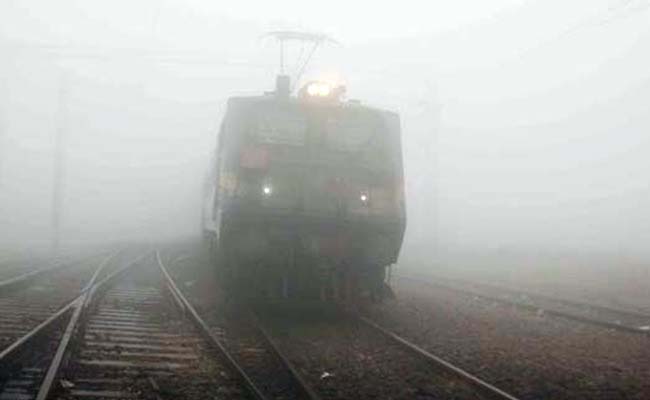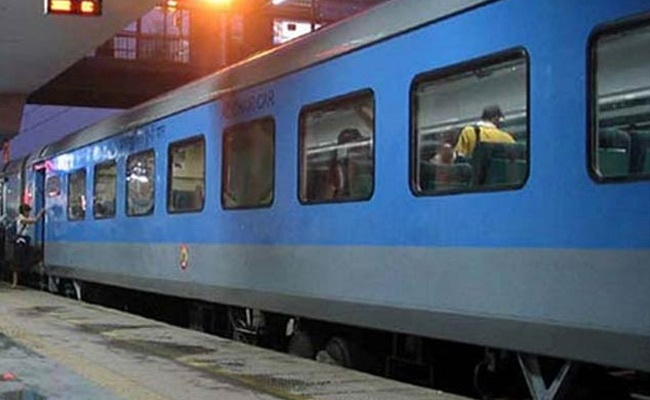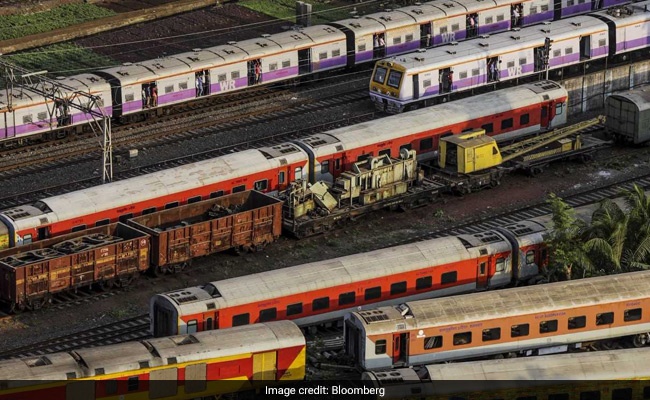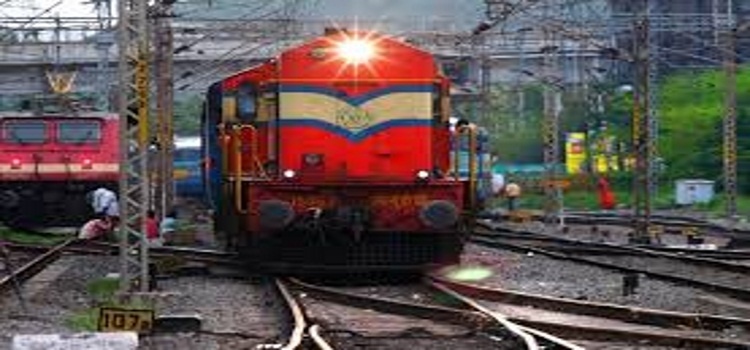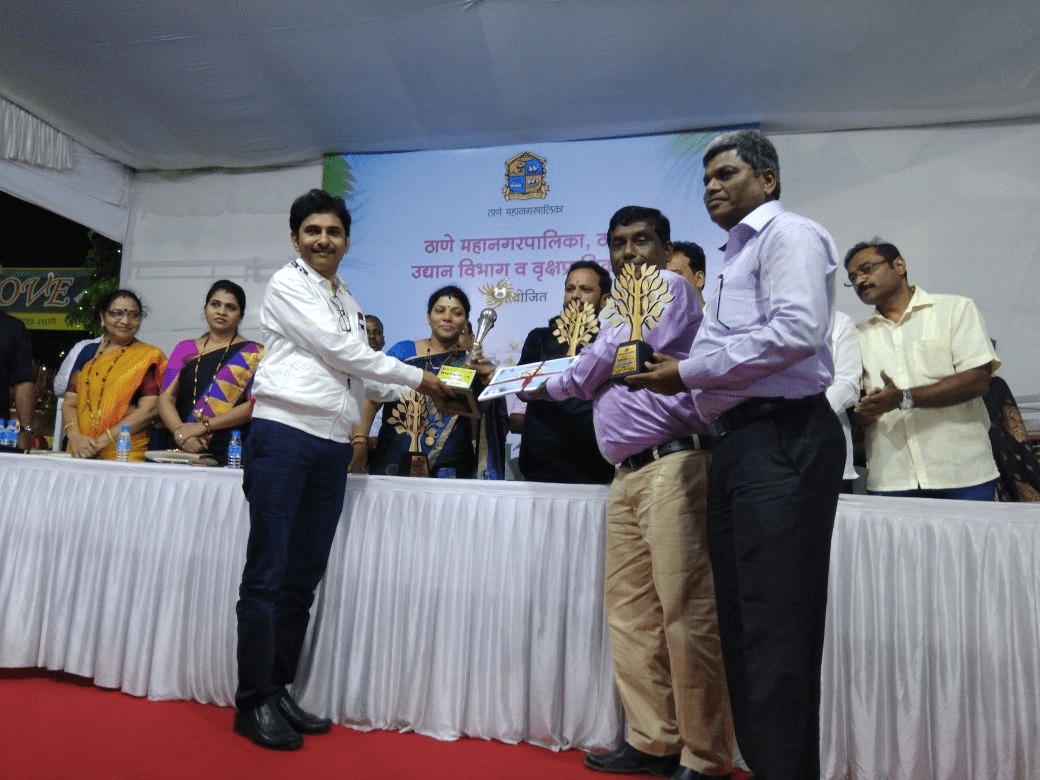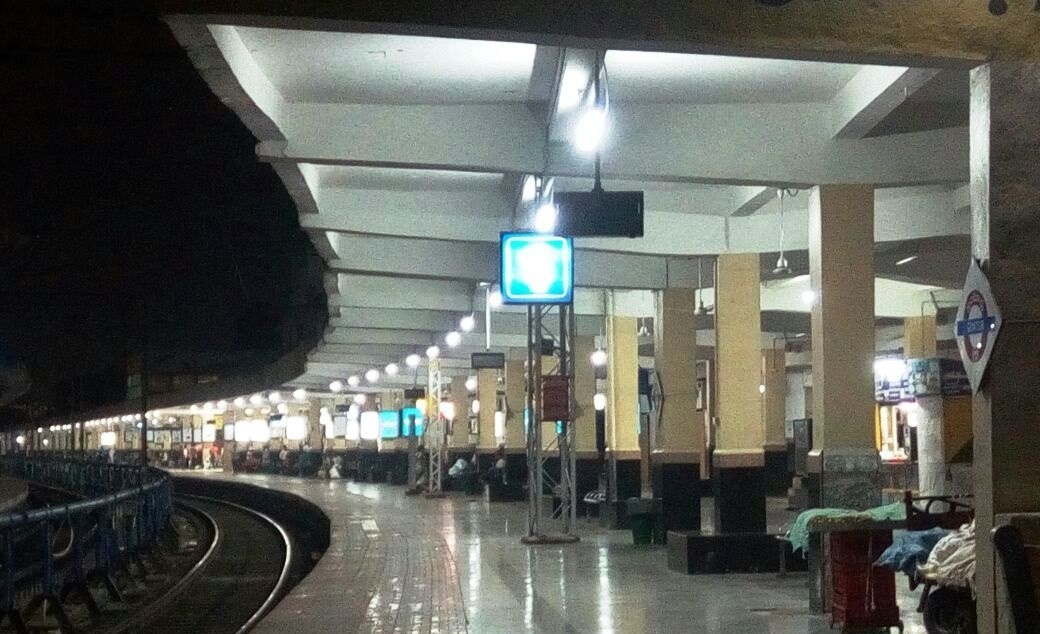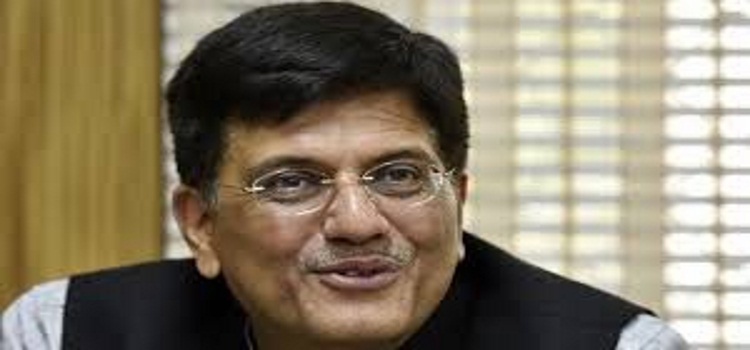
Union Railway Minister Piyush Goyal wants Mumbai to be the best transport hub in India by August 2022. In a meeting of officials from the railways, state government, MMRDA and BMC and attended by chief minister Devendra Fadnavis on Saturday, Goyal told the officials to work in coordination to ensure the city has the best public transport system in India.
Goyal is pushing for implementation of Rs.50,000-crore Mumbai Urban Transport Project (MUTP) 3A, which includes improving the current suburban railway network, building new projects such as elevated railway and also extending the suburban railway network to the Mumbai Metropolitan Region (MMR).
The Mumbai Rail Vikas Corporation (MRVC), which is implementing MUTP-3A was asked to complete all projects by 2022, said an official, who was present at the meeting.
Some of the major projects include CSMT-Panvel elevated corridor, Panvel-Virar suburban railway line, harbour railway extension till Borivli, fifth and sixth line between Borivli and Virar, third and fourth line between Kalyan and Badlapur and communication-based train control (CBTC) on harbour line.
The project will be funded jointly by the state government and the MRVC. “Coordination of work is required in order to meet the deadline. The minister has asked all nodal agencies to work together and solve commuting woes and make the city the best transport hub. The work has already begun in full swing,” said a senior MRVC official, who attended the meeting.
“We have submitted a proposal to the state government. The approval is expected within a week. The project approval will then go to the railway board, after which the plans for diversification of different works will be made,” said the official.
The different projects under MUTP-3A will give the much-needed relief to commuters. A case in point could be the elevated corridor between CSMT and Panvel, which will not just help people living in Navi Mumbai, but will also become a connecting point to the new airport in Navi Mumbai and the existing airport.
The Panvel- Virar suburban line will help commuters from Navi Mumbai travel on the western railway. They currently switch between central and western line at Dadar railway station.
The fifth and sixth lines between Borivli and Virar will improve punctuality of local trains, as it will segregate the suburban and long-distance trains up till Virar.
The CBTC will help railways to operate more trains on the harbour line.
The procurement of the new trains will increase the number of air-conditioned (AC) local trains in the city. The MRVC plans to procure 210 AC local trains under MUTP-3A and the railways later plans to convert all regular 0local trains into AC ones.

